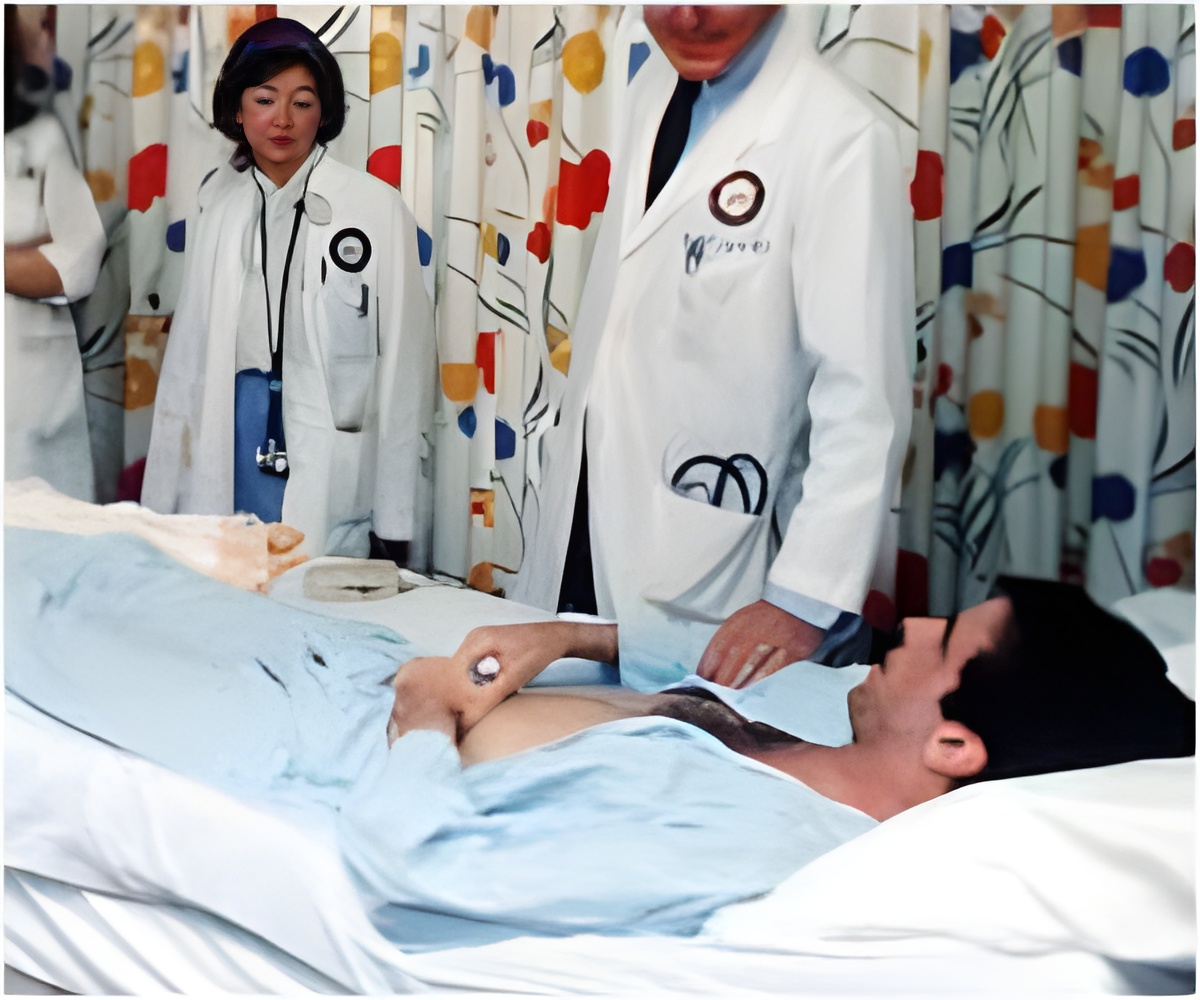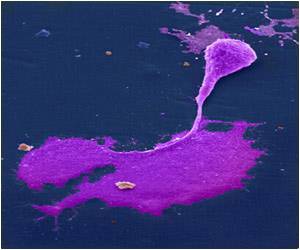While the majority (70 percent) of surveyed cancer care physicians initiate contact with the bereaved family and caregivers of their patients who

It is only recently that studies have begun to look at actual physician practices following a patient's death.
The primary goal of this prospective study was to examine the frequency and nature of bereavement practices among cancer care and palliative care physicians in the northwest United States. Researchers also wanted to identify factors and barriers associated with bereavement follow-up and if there were differences in practices by medical specialty.
An anonymous online pilot survey was completed by 162 attending radiation oncologists, medical oncologists, surgical oncologists and palliative care physicians who were directly involved in patient care in fall 2010.
The study found that 70 percent of cancer care physicians were routinely engaged in at least one bereavement activity that they initiated and that sending a condolence letter was by far the most common form of follow-up. Other physician initiated activities included making a telephone call to families or attending a funeral service following a patient's death.
For those who did not initiate bereavement follow-up, findings indicate that 90 percent of respondents would routinely be available for phone conversations if called by a patient's family.
Advertisement
"This study highlights the needs to better define the physician's role in bereavement activities and address bereavement activities in provider's post-graduate training as we work to improve the multidisciplinary treatment of cancer patients and their families," Kusano said.
Advertisement
Source-Eurekalert














